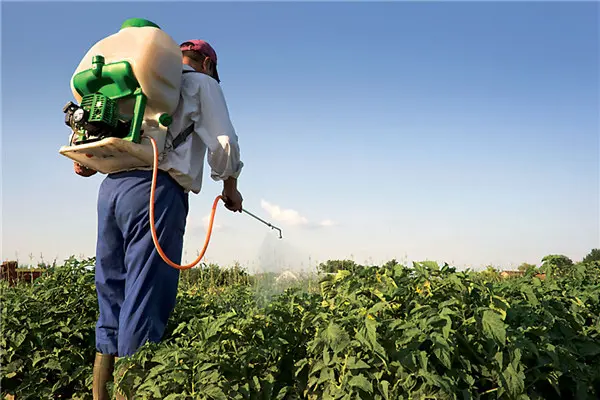An Australian agricultural region's unusually high rate of Parkinson's disease could be linked to the use of farming pesticides, a study has found.
The study, published by Melbourne-based researchers from Monash University and the Florey Institute of Neuroscience and Mental Health, discovered a "cluster" of four towns in Victoria state's north-west were 34 percent to 78 percent more likely to develop Parkinson's than the state average of 0.5 percent, or one in 200 people.
When analyzing data from the Australian Bureau of Statistics (ABS) and the Federal government's Pharmaceutical Benefits Scheme (PBS), the researchers noticed the incidence of the neurological condition was 78 percent higher in the Buloke Shire, 76 percent higher in Horsham, 57 percent higher in the Northern Grampians and 34 percent higher in Yarriambiack.
These areas are located in Victoria's farming heartland for barley and various types of pulses, including chickpeas, broad beans, lentils and vetches.
"We were shocked. It is a surprise but we're really now looking for the answers to it," Darshini Ayton, part of the husband-wife duo who made the discovery, told Fairfax Media on Monday.
"This research by no means says that pesticides caused Parkinson's disease here, but we need to do further research to find out what actually happened in these four areas."
Parkinson's is a progressive condition caused by the deterioration of the nervous system. The degenerative disease, which chiefly develops in the middle-aged and elderly, affects 27, 000 people in Victoria and 70,000 nationally.
Parkinson's Victoria chair associate professor David Finkelstein said those numbers were likely to double in the next 15 years based on current estimates.
He said a growing body of research suggested frequent exposure to agricultural pesticides made the disease's onset more likely, but more investigation was needed.
"All these little bits of evidence are coming together to point to pesticides," Finkelstein said.
"We compared what we found with what's been found overseas. Different research teams using different research methods are finding the same thing."
The full report, funded by Parkinson's Victoria, is expected to be published in late 2016.
 简体中文
简体中文

